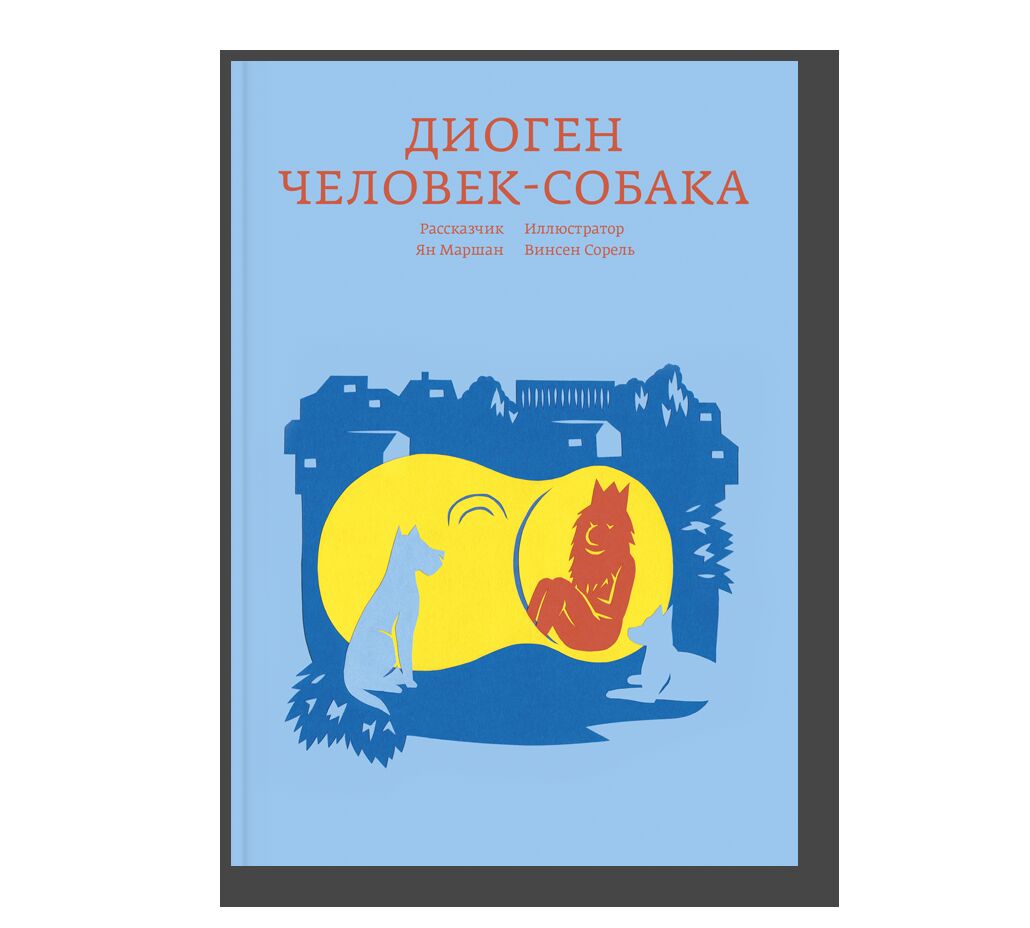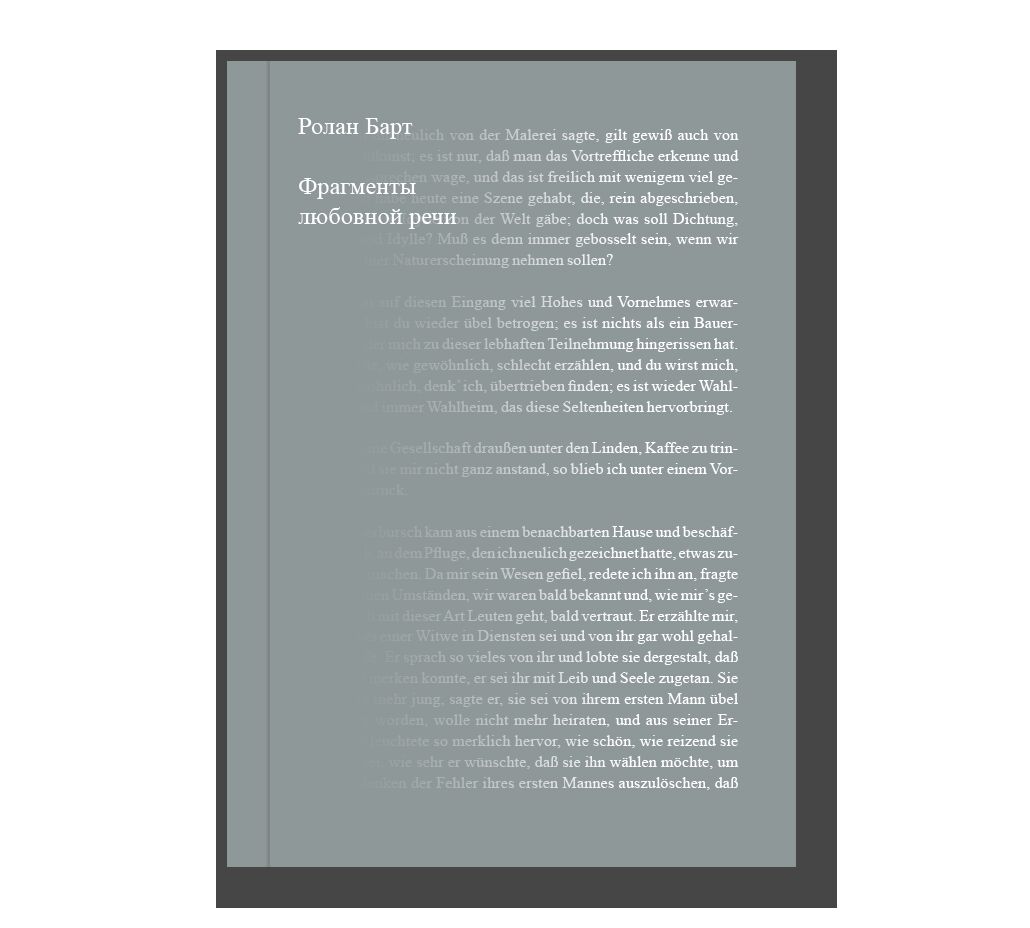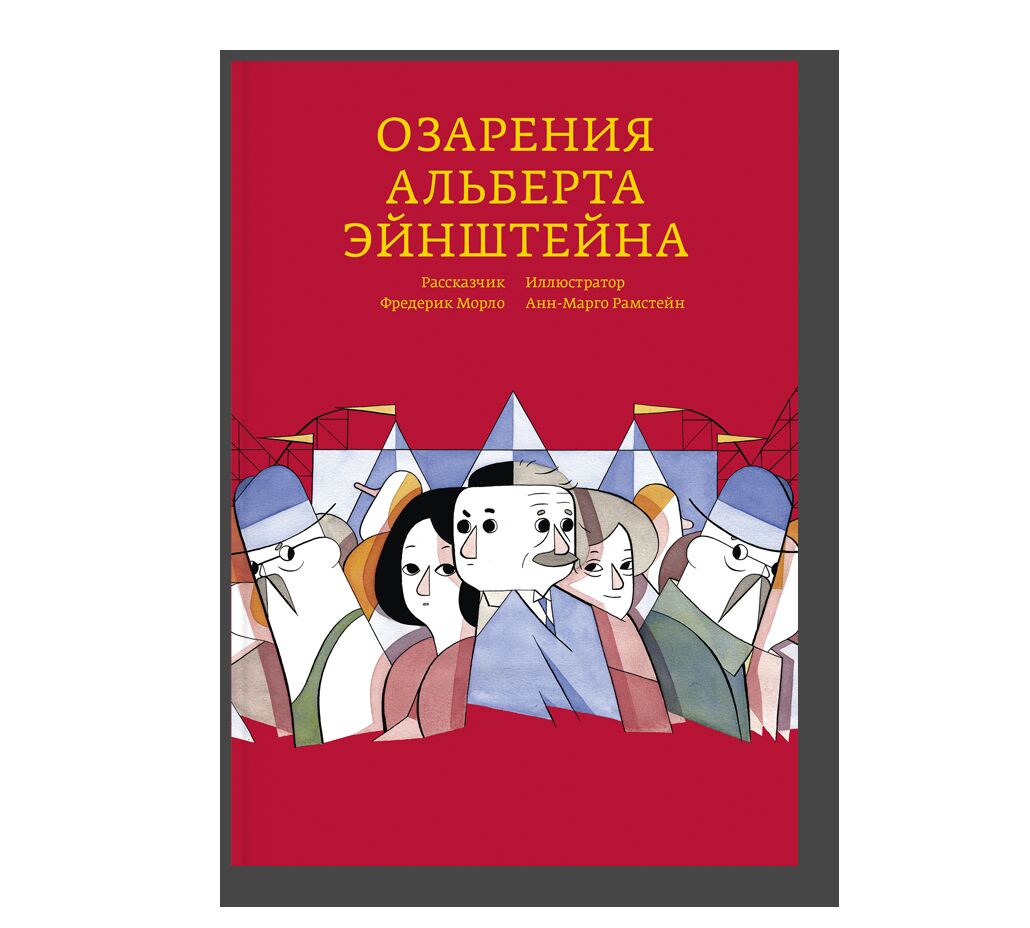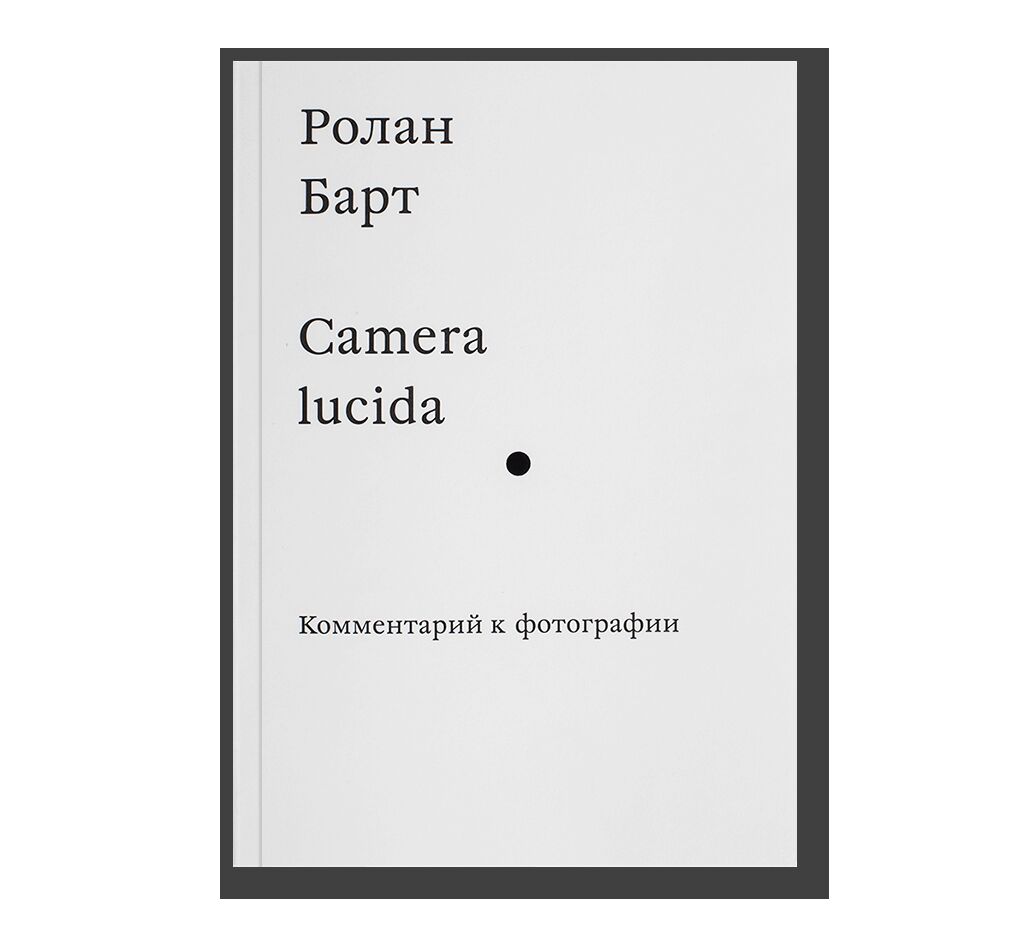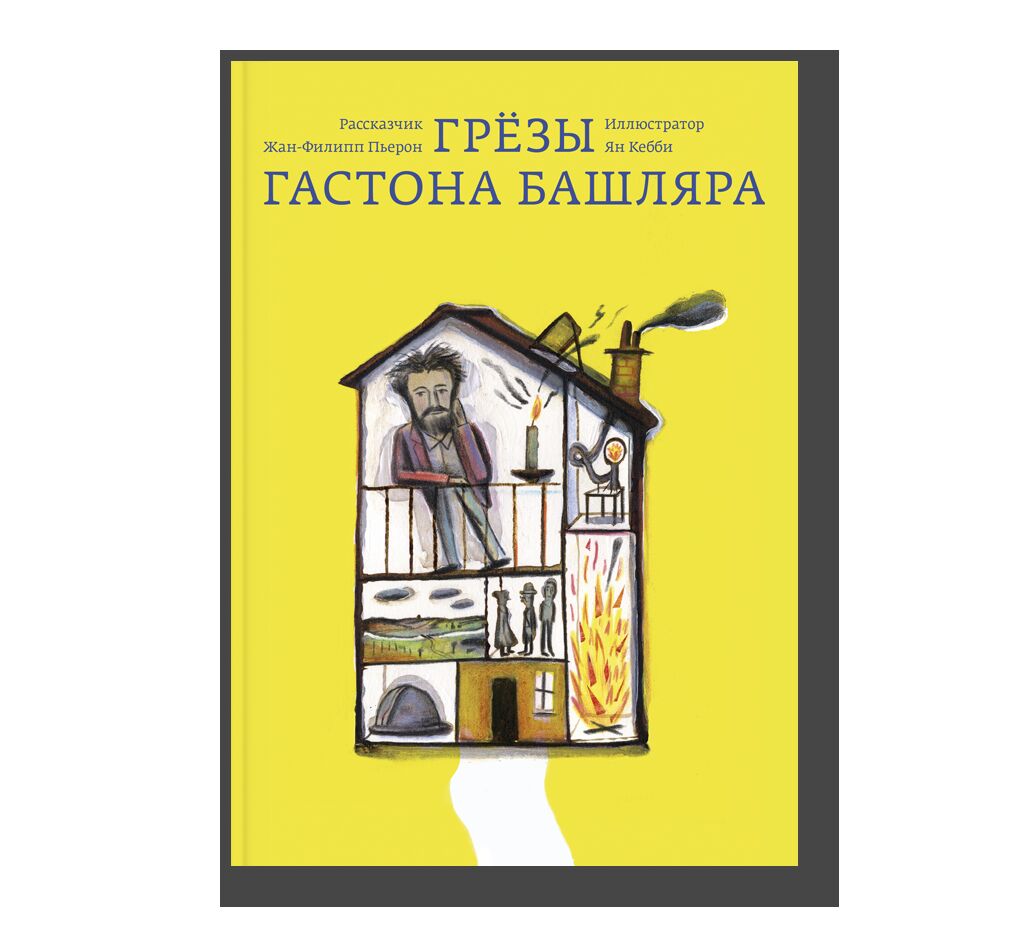A Lover’s Discourse: Fragments
- Year: 2015
- Language: Russian
- Publisher: Ad Marginem
- ISBN: 9785911032081
- Page: 320
- Cover: paperback
- About the Book
A philosophical exploration of a lover’s inner monologue.
Guessing what’s on a lover’s mind might seem an easy task: a romantic infatuation, being in love – these common psychological states are familiar to most of us. However, if we look at love from a theoretical point of view, we might ask ourselves: if love is indeed so common, can one find a shared inner emotional language? Is there even such a thing as an emotional language? These are the questions that Roland Barthes addresses in his A Lover’s Discourse – a philosophical meditation at times bordering on fiction.
The first-person narrative is split into short fragments, each focusing on an idea or an image that could emerge in a lover’s mind and develop into a fantasy. Barthes, however, does not aim to compile a full list of the thoughts that could spring to a lover’s mind. Instead he – or rather, the narrator – presents us with certain themes picked out from the chaotic flux of emotions, and gives each a witty definition. The text abounds in references to great works of literature and philosophy. Casual quotes merge with the stream of his own consciousness, blurring the boundaries between the author’s personal experience and impersonal discourse.
Each fragment is remarkably precise in its analysis: in a unstructured flow of hopes and frustrations Barthes finds clear motifs: admiration of the loved one, the magic of love rituals, longing for a sign of attention, courtesies, mutual love, trust – and the opposite: disappointment, despair, the end of love, dramatic scenes. All these are fragments in the puzzle of a lover’s mind – a fragile and complex organism, where thoughts, memories and emotions come together to create an individual language.
Barthes’ story finds inspiration and source material in Goethe’s The Sorrows of Young Werther, the works of Plato, Nietzsche, Freud, Sade, Sartre, and many other authors. The narrator seems to quote involuntarily, almost unconsciously, as if other authors’ ideas have just slipped into his mind, which is searching for examples to support its ideas. The author speaks of himself, and at the same time, of all the lovers in the world.
Barthes’ text offers a unique analysis of a lover’s inner monologue, in which readers will recognize aspects of themselves. It is a piece of writing as beautiful as it is useful for analyzing one’s own experience.
